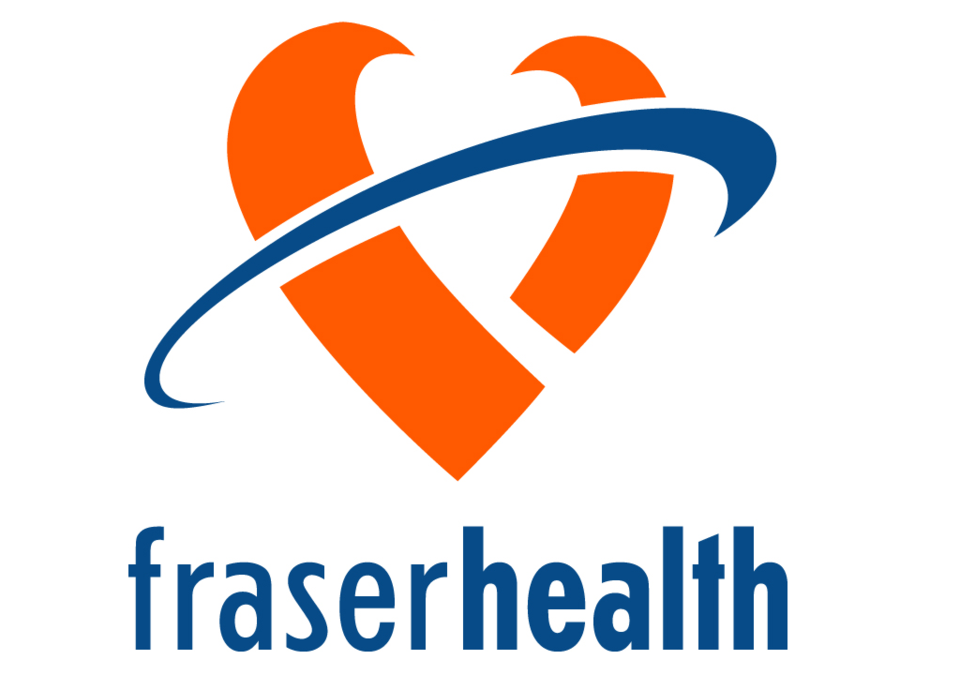A health-care worker getting ready to administer a dose of morphine to a resident at New Westminster’s Queen’s Park Care Centre in 2013 noticed the colour of the drug didn’t look quite right.
A sample was sent off to the lab, and tests found the sample had been diluted.
In all, health officials found about 500 millilitres of Doloral, an oral morphine liquid, had been siphoned off and replaced with water, but no individual could be tied to the theft.
In 2014, 320 milligrams of Methadone and 41 one-milligram tablets of hydromorphone went missing from the long-term care facility with no explanation.
At Royal Columbian Hospital, 19 five-milligram Oxycontin pills went missing in 2012 and 100 millilitres of morphine went missing last year without explanation.
In all, 1,206 units of narcotics (a single unit may be a capsule, milligram, millilitre, patch, package, suppository or tablet) went missing at the two New Westminster health-care facilities between 2012 and the first half of last year, according to Health Canada information obtained under an access to information request.
To stem the losses, the Fraser Health Authority is in the process of installing enhanced security features, including automated dispensing cabinets, at all its hospital pharmacies within the next few years.
“These installations are multi-year projects with significant capital and operating costs and need to be phased in,” spokesperson Tasleem Juma told the Record.
The project at RCH will total about $8 million and is scheduled to be complete by spring 2017.
“It’s the actual cabinet; it’s all the technology around it; it’s the staffing that has to go with it,” Juma said.
Other new security features will include closed circuit TV (CCTV) cameras, electronic instead of paper tracking and enhanced security at entry points.
The Queen’s Park Care Centre will not get an automated dispensing machine, but Lower Mainland Pharmacy Services executive director Michele Babich said other measures have been taken to prevent drug losses like the pilfered Doloral.
Babich said narcotic policies at the care centre were “significantly updated” in the fall of 2013 and further in 2014 and 2015.
“We’ve also done significant education and increased surveillance and technology like CCTV,” she said in an email.
By law, B.C. hospitals have to report each missing unit of narcotics to Health Canada within 10 days, but not all of the missing drugs hospitals report have been stolen, according to Juma.
“Sometimes nurses forget to log a dose that they gave; sometimes it gets dropped on the floor, or behind cabinets,” she said. “As we have to report to Health Canada within 10 days, often we may find out that there was a counting error or other issue after we have issued the report.”
Only when the missing drugs can be tied directly to an individual are they reported as “pilferage.”
“Often people are terminated,” Juma said. “We also refer the case to the police. We will complete our own investigation and take the necessary actions, while also cooperating with the police.”



